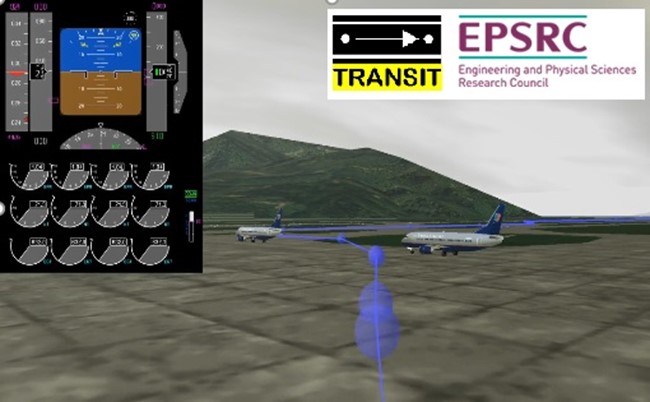Future Mobility and Environmental Technologies
The Centre for Intelligent Transport has a strong track record in aeroacoustics linked to community noise modelling, and traffic management applied to routing, scheduling and control. Research in the Centre includes urban air mobility studies and the use of learning combinatorial optimisation algorithms.
Staff employ aerodynamic and aero-acoustic modelling using Large Eddy Simulations accelerated on GPU. This involves boundary layer ingestion noise modelling, and distributed propulsion noise modelling. Staff are developing a unified aircraft routing and scheduling system which will be more realistic, robust, cost-effective and configurable, producing better conformance of flight crew in response to 4 Dimensional Trajectories.
Engineers within the Centre are leading development of Future Flight Technology. This includes unmanned aerial vehicles (UAVs), or drones, that are suited to the delivery of high-value, lightweight parcels, and especially time-sensitive items.
Separate research in this theme is focussed on Intelligent Systems. This involves integrated AI, machine learning and systems engineering for risk assessment, motion planning and decision support with applications for space, aerospace and transport systems.

Towards a Robust Airport Decision Support System for Intelligent Taxiing


